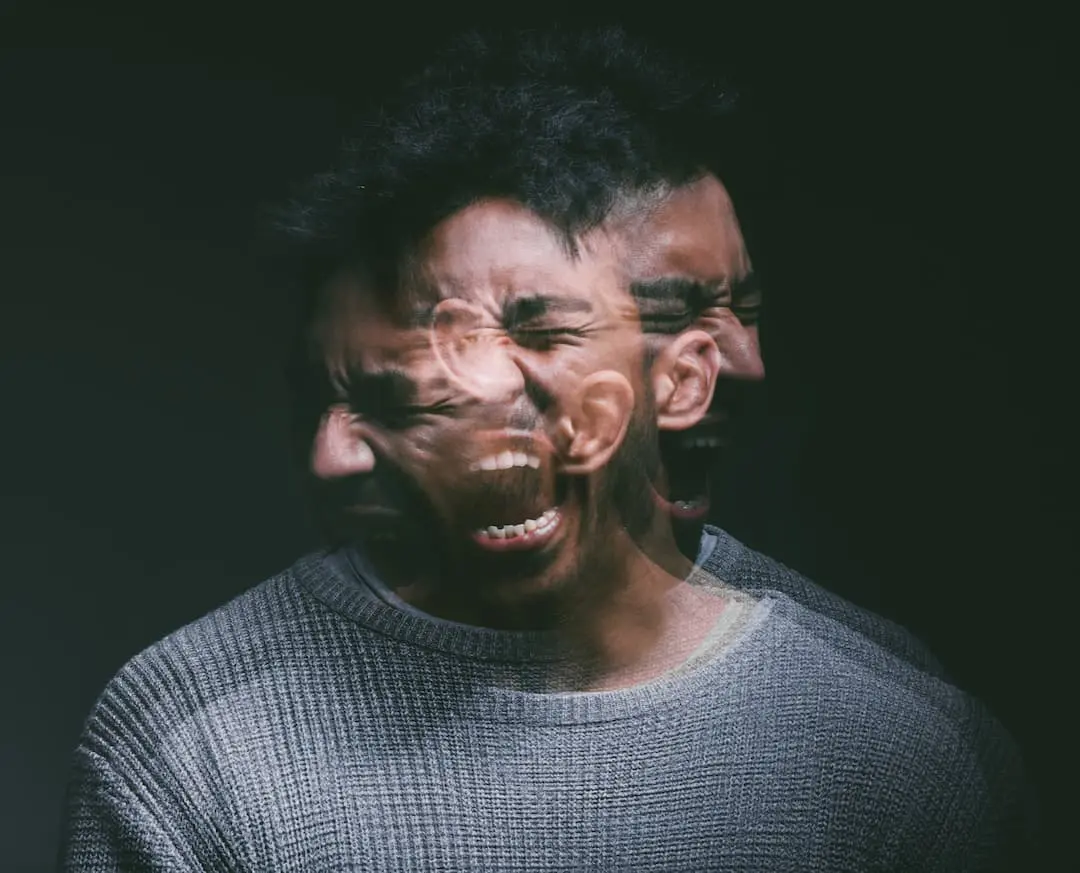Introduction
In today’s fast-paced world, anxiety has become a prevalent mental health concern, affecting millions of individuals worldwide. It manifests in various forms, each with its unique characteristics, triggers, and coping mechanisms. As proficient SEO specialists and professional content writers, we aim to provide you with an insightful and comprehensive guide to the different types of anxiety disorders. By understanding these distinctions, we can better navigate the complexities of this condition and seek appropriate support or treatment when needed.
Generalized Anxiety Disorder (GAD)
Overview
Generalized Anxiety Disorder, commonly referred to as GAD, is characterized by persistent and excessive worry about a wide range of everyday issues. These worries are often out of proportion to the actual situation, and they can significantly impact daily functioning.
Symptoms
- Restlessness or feeling on edge
- Fatigue
- Difficulty concentrating
- Muscle tension
- Irritability
- Sleep disturbances
Triggers
GAD can be triggered by various life stressors, such as work-related pressures, financial concerns, or personal relationships. Additionally, it can arise without any apparent cause, adding to the complexity of managing this disorder.
Social Anxiety Disorder (SAD)
Overview
Social Anxiety Disorder, also known as SAD or social phobia, involves an intense fear of social situations or interactions. Individuals with SAD often worry about being judged or scrutinized by others, leading to avoidance of social gatherings or public speaking engagements.
Symptoms
- Excessive sweating
- Blushing
- Trembling
- Rapid heartbeat
- Nausea or upset stomach
- Avoidance of eye contact
Triggers
SAD is typically triggered by situations where the individual feels they are the center of attention or where they fear evaluation by others. This can include presentations, parties, or even everyday interactions like making a phone call.
Panic Disorder
Overview
Panic Disorder is characterized by recurrent and unexpected panic attacks. These attacks are intense, sudden surges of fear or discomfort that reach a peak within minutes.
Symptoms
- Shortness of breath or feeling smothered
- Chest pain or discomfort
- Shaking or trembling
- Nausea or abdominal distress
- Feeling lightheaded or dizzy
- Fear of losing control
Triggers
Panic attacks can occur seemingly out of the blue, without any specific trigger. However, they can also be brought on by specific situations, especially those that have previously caused panic attacks.
Specific Phobias
Overview
Specific Phobias involve an intense, irrational fear of a particular object or situation. This fear is excessive and disproportionate to the actual threat posed by the phobic stimulus.
Symptoms
- Rapid heartbeat
- Sweating
- Trembling or shaking
- Feeling of impending doom
- Immediate desire to escape
- Avoidance behavior
Triggers
Specific Phobias are triggered by encountering or even thinking about the feared object or situation. Common phobias include heights, spiders, flying, and enclosed spaces.
Obsessive-Compulsive Disorder (OCD)
Overview
Obsessive-Compulsive Disorder is characterized by the presence of obsessions (repetitive, intrusive thoughts) and compulsions (repetitive behaviors or mental acts). These obsessions and compulsions can significantly interfere with daily life.
Symptoms
- Fear of contamination or germs
- Need for symmetry or order
- Intrusive, unwanted thoughts
- Excessive checking or counting
- Ritualistic behaviors
Triggers
OCD symptoms can be triggered by situations that provoke anxiety or distress, often related to the specific obsessions an individual experiences.
Conclusion
Understanding the various types of anxiety disorders is a crucial step towards seeking help and finding effective coping strategies. It’s important to remember that anxiety is a common and treatable condition. If you or someone you know is struggling with anxiety, seeking professional help from a therapist or counselor can make a significant difference in improving quality of life.
FAQs
1. Can anxiety disorders be completely cured?
Anxiety disorders can be effectively managed with appropriate treatment, which may include therapy, medication, or a combination of both. While some individuals may experience complete remission of symptoms, others may continue to benefit from ongoing support.
2. Is it possible to have more than one type of anxiety disorder?
Yes, it is possible to experience multiple types of anxiety disorders simultaneously. This is known as comorbidity, and it requires a tailored treatment approach that addresses the specific needs of each disorder.
3. Are children and adolescents also affected by anxiety disorders?
Yes, anxiety disorders can affect individuals of all ages, including children and adolescents. Early intervention and support are crucial in helping young individuals manage their anxiety effectively.
4. Can lifestyle changes help in managing anxiety?
Yes, adopting a healthy lifestyle that includes regular exercise, balanced nutrition, adequate sleep, and stress-reducing activities can significantly contribute to managing anxiety. These practices complement professional treatment.
5. How can I support a loved one who is struggling with an anxiety disorder?
Supporting a loved one with anxiety involves showing empathy, offering reassurance, and encouraging them to seek professional help. Educating yourself about their specific type of anxiety can also be immensely helpful.



